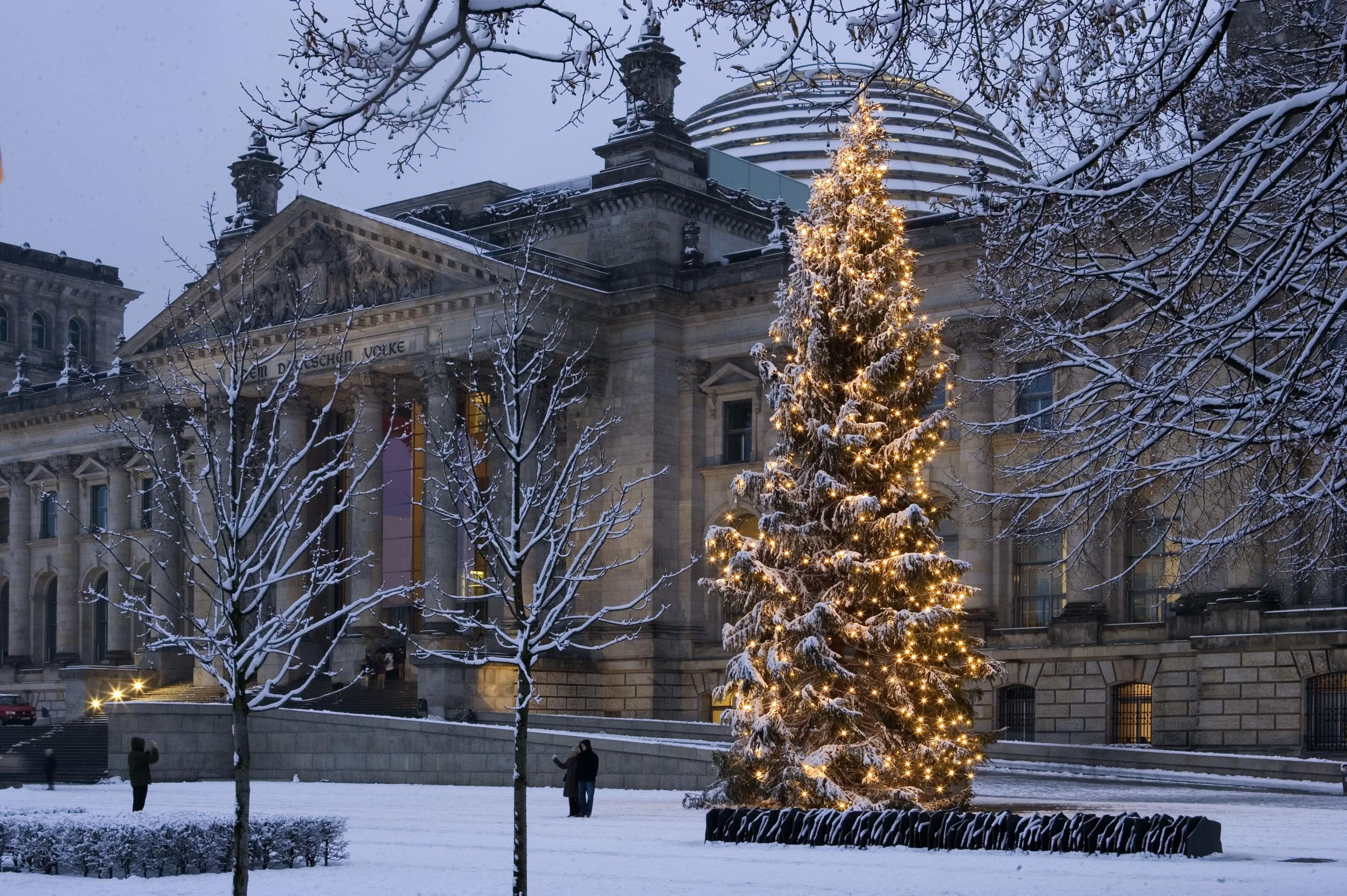Berlin attack: Why we should still travel to the German capital
The Man Who Pays His Way: The best response to a world where hate has a stronger voice than ever is to keep travelling

Your support helps us to tell the story
From reproductive rights to climate change to Big Tech, The Independent is on the ground when the story is developing. Whether it's investigating the financials of Elon Musk's pro-Trump PAC or producing our latest documentary, 'The A Word', which shines a light on the American women fighting for reproductive rights, we know how important it is to parse out the facts from the messaging.
At such a critical moment in US history, we need reporters on the ground. Your donation allows us to keep sending journalists to speak to both sides of the story.
The Independent is trusted by Americans across the entire political spectrum. And unlike many other quality news outlets, we choose not to lock Americans out of our reporting and analysis with paywalls. We believe quality journalism should be available to everyone, paid for by those who can afford it.
Your support makes all the difference.Yet even though Washington DC had hardly been an innocent bystander in Latin America over the previous decade, I thought it an absurdly excessive defence.
A quarter-century and several truck bomb attacks on US diplomatic premises later, large lumps of concrete and extra-strong bollards are part of the scenery at sensitive buildings and tourist spots worldwide. Elizabeth Tower, better known as Big Ben, has its own designer steel and concrete barrier, while the rest of Parliament Square in London has plenty more “protective street furniture” in place, installed after the 2003 invasion of Iraq.
Elsewhere in Britain, airports and big railway stations have punctuations of pillars designed to stop a truck loaded with explosives in its tracks. “Hostile Vehicle Mitigation” of this kind was introduced after the attack on Glasgow airport in 2007, in which two would-be suicide bombers tried to drive a Jeep laden with petrol and propane gas cylinders into the airport terminal.
This year extremists changed their murderous tactics. On 14 July in Nice, 86 people were mown down by a truck. And on 19 December in Berlin, once again a celebration changed in seconds into a massacre.
Each of the victims had their life cut brutally short, and the lives of those who loved and lost them will never be the same. For the rest of us, the horrors of the Promenade des Anglais and Breitscheidplatz provide a reminder of the risks in a world where hate seems to have a stronger voice than ever.
A natural human response is to close the curtains and stay safe with family and friends, while in the world beyond more barriers spring up. But a better response is to travel to Berlin, to Nice, to Brussels… even to Tegucigalpa.
You and I can demonstrate solidarity with the citizens of those splendid cities, and show we will not be bullied into changing our way of life by thugs in trucks. And the overwhelming probability is that your life will be enhanced by a joyful experience.
It seems an appropriate time of year to hear from at least two wise men. Ted Wake, director of short-break specialist Kirker Holidays says his customers in the German capital are undeterred by the latest terrorist attack.
“Kirker clients in Berlin at the moment include a family with two children staying in the city centre who have decided to carry on enjoying their cultural short break. Other customers due to travel out to Berlin for Christmas have no desire to amend their plans.
“In Berlin, whilst the first concern was to ensure that all those directly and indirectly affected were properly cared for, the authorities were also very well organised and determined to ensure that local people and visitors alike can return to the normal pattern of their day-to-day lives as quickly as possible.”
But Mr Wake concludes with a thought that many, with heavy hearts, will echo: “These events are likely to remain part of our lives for some time to come.”
So it was good to be reminded by Sir David Spiegelhalter of “what an enormously safe world we live in.”
“It’s staggeringly protected,” the Winton Professor for the Public Understanding of Risk at Cambridge told BBC Radio.
“One in a million people every day die an accidental death, a non-natural death.
“We live with uncertainty and risk, and that’s one of the joys of being human.”
As you plan for the year ahead, reduce your exposure to joy at your own risk.
Join our commenting forum
Join thought-provoking conversations, follow other Independent readers and see their replies
Comments